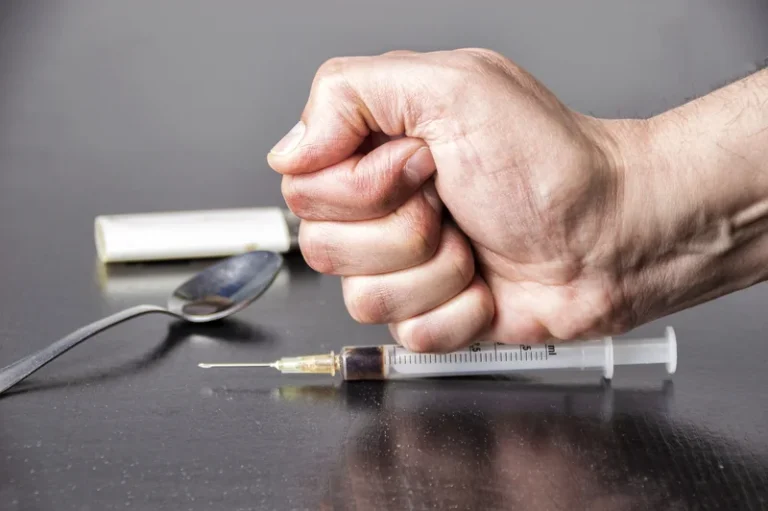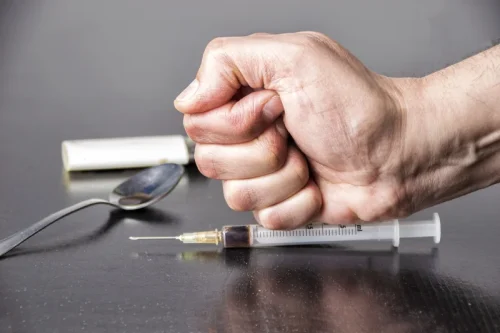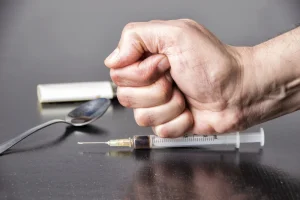
The program provides an urge tracker, which is a great way to monitor and manage your urges as they come and go. And you’ll be able to see your progress in dealing with them as they lessen over time. The good news is that using these tips can improve your ability to manage and reduce urges and cravings overall. Don’t compare yourself to others or feel discouraged if you experience setbacks along the way. With patience, perseverance, and a strong support system in place, you can achieve your goal of living a happy and healthy sober life.
- This can make it more likely a person will continue to consume alcohol.
- What matters most is your ability to maintain an open, curious outlook as you learn what does and doesn’t work for you.
- How can you best communicate your struggle with cravings to your loved ones?
- External triggers refer to the environmental cues you link to alcohol, including places, times, people, and situations.
- This can be a helpful strategy early in your efforts to change your drinking and manage your urges.
- Recognizing the difference between the two can help to identify whether the cravings have started getting out of hand, laying the groundwork for effective coping strategies.
Does The Urge To Drink Ever Go Away?
- Professional treatment can be a powerful tool in the fight against alcohol abuse and withdrawal, providing individuals with the help they need to make positive changes in their lives.
- If that’s where you’re setting your expectations, you might feel like you gave up something you loved (getting really drunk) for no good reason, even when that’s objectively not true.
- One of the most difficult challenges that many people face during recovery includes experiencing cravings for alcohol.
- In turn, it can be challenging to learn what helps with alcohol withdrawal.
- Consider how giving into an urge keeps it alive while not giving in to the urge slowly kills it.
Drink a cup of soothing tea or a tall glass of water before you imbibe—once your thirst is quenched, you may not feel the need for as much—or any—alcohol. If you identify with any of the scenarios above, try the expert tips below for reducing your alcohol consumption (or even eliminating it altogether). To determine whether—and where—you fall in the alcohol use disorder (AUD) spectrum, answer natural ways to stop alcohol cravings the following questions.

Support groups

Fortunately, urges to drink are short-lived, predictable, and controllable. This short activity offers a recognize-avoid-cope approach commonly used in cognitive behavioral therapy, which helps people to change unhelpful thinking patterns and reactions. It also provides worksheets to help you uncover the nature of your urges to drink and to make a plan for handling them. While diet alone cannot cure alcohol cravings, it can certainly play a key role in the alcohol addiction recovery process. Incorporating beneficial foods into your diet can support brain and body health, and potentially lessen the intensity of alcohol cravings.
What does drinking alcohol do to your body?
Numerous studies have shown that yoga may improve endocrine function, leading to improvements in weight management, cognitive performance, and menstrual regularity, among other benefits. In this context, the role of yoga in the treatment of schizophrenia has been conceptualized. However, yoga has only been studied for its potential efficacy as a therapy in a tiny number of studies.
The caregivers take on a lot of stress and often get exhausted as a result. Some studies have been done on d-phenylalanine, finding it improves alcohol withdrawal symptoms. If you are detoxing at home, anything beyond mild symptoms should trigger you to seek medical help. Delirium tremens (DTs) is a serious condition that some people struggling with alcohol withdrawal go through. It is characterized by severe nausea, seizures and hallucinations. If you begin to experience DT, you always need to get immediate medical attention, as it can be life-threatening.
Even though certain antipsychotic medications may alleviate or even exacerbate negative and cognitive symptoms, these responses are far less common. This means that patients may benefit from cognitive rehabilitation. Because of their illness or a negative reaction to their medicine, they may also have depressive symptoms. Many patients also deal with clinical and emotional complications. Tardive extrapyramidal illnesses, metabolic syndromes, defect states, and attempted suicide are all in this category.
- Alcohol cravings are composed of several thoughts, physical sensations, and/or emotions that increase the urge or desire to want to drink, even if a person does not want to drink.
- It binds to and blocks opioid receptors in the brain, which reduces the buzz and intoxicated feeling you get from drinking alcohol.
- The majority of patients do not achieve complete remission, and many do not even experience satisfactory symptom relief.
- Firstly, Mindfulness is a mental state achieved by focusing one’s awareness on the present moment, while calmly acknowledging and accepting one’s feelings, thoughts, and experiences.
- A nutritious diet that provides the body with the nutrients it needs to function optimally may help with alcohol cravings.
- According to general results, exercise enhances mood and self-esteem while decreasing stress tendencies, a factor known to aggravate mental and physical diseases 9.
Avoid negative influences
However, if you find you need more support, traditional medicine is an option. Scheduled meal times can also help reduce the likelihood of impulsive eating or drinking. Consider including the previously mentioned foods in your daily meals, and don’t be afraid to experiment with different cooking methods and recipes.


Certain foods are thought to reduce alcohol cravings due to their nutritional content. They can support brain health, balance mood, boost energy levels, and fill the nutrition gap left by alcohol misuse. A person can speak with a mental health professional to better understand their alcohol cravings.

Professional detox is highly recommended for those likely to experience moderate to severe withdrawal symptoms and will support you during detox. Sometimes you can’t avoid triggers which may be feelings you have or a physical condition that comes on from time to time. Once you experience the urge, distract yourself with something that takes your attention. Then check back in with yourself in minutes and see if the urge’s intensity has changed. While there is no magic bullet to stop urges to drink or cravings for alcohol, there are ways to manage and reduce urges or cravings to drink. By identifying these benefits and keeping them in mind as you work towards sobriety, you’ll be more motivated to stay on track and achieve success in quitting drinking naturally.



